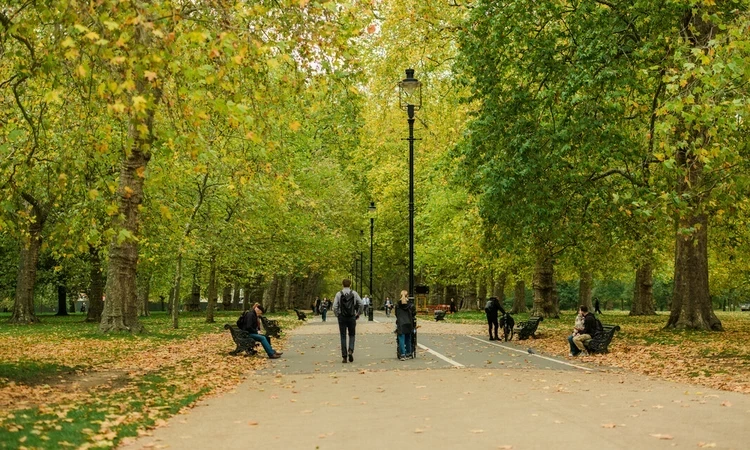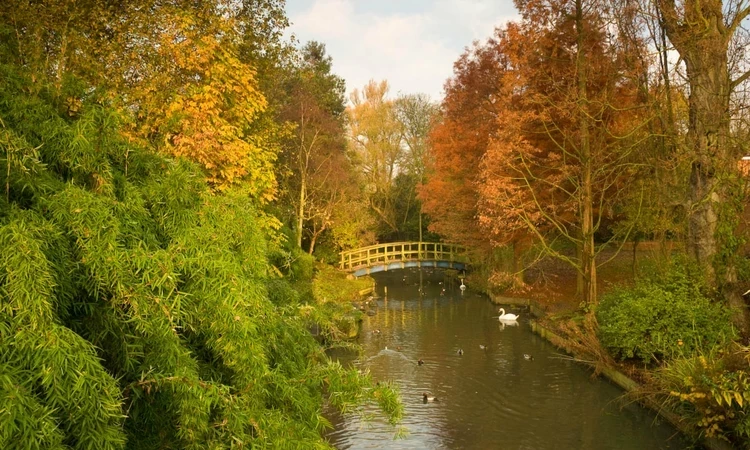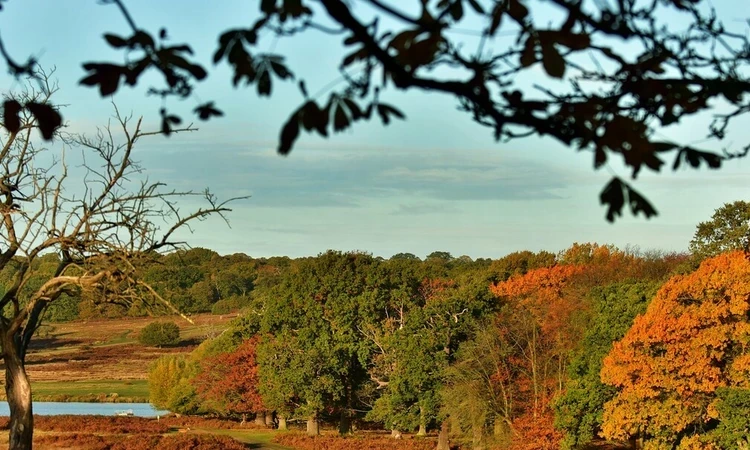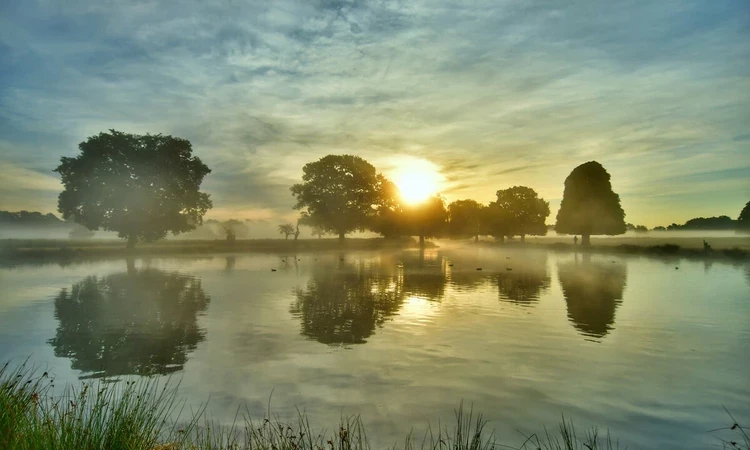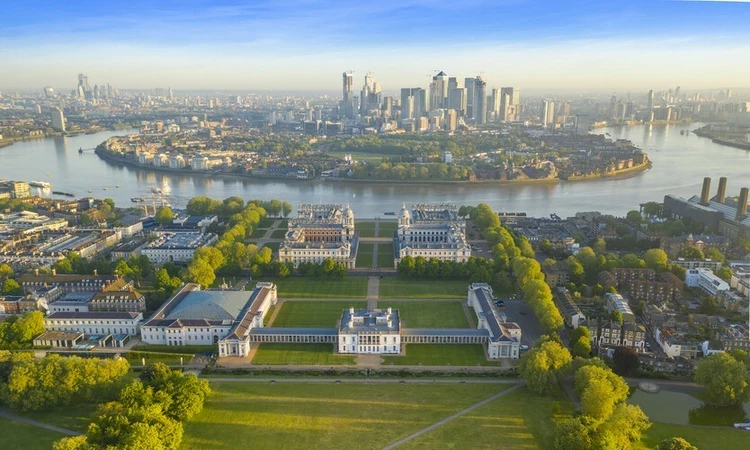
What's on
From major events to our range of walks, music and smaller events for adults and families, across the themes of nature, history and wellbeing. Whatever your interests, there's something for you in the Royal Parks all through the year.
Upcoming events
There's something for everybody at the Royal Parks. Explore our latest events below.
-
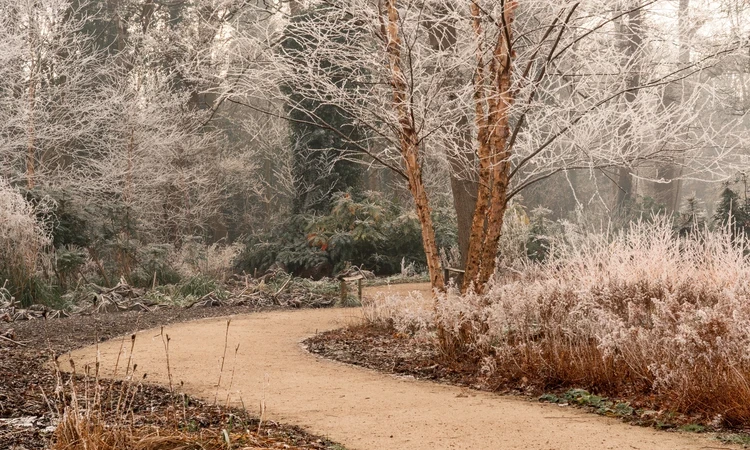 Free
Free'Winter Warmer' Online Talks
A series of online talks from January - March, designed to bring a little light, community and learning to you during those long winter nights.
-
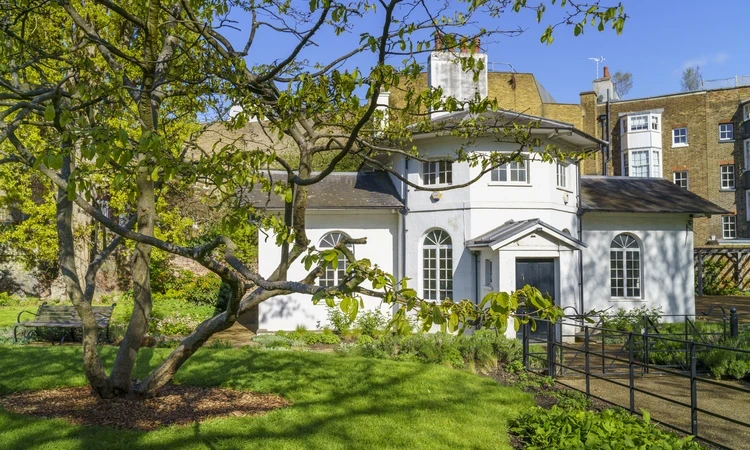 Free
FreeArtist ‘Open Studio’ Sessions in Greenwich Park
As part of our exciting Artist in Residence project at Greenwich Park we are working with artist Leah Clements to deliver ‘open studio’ sessions.
-
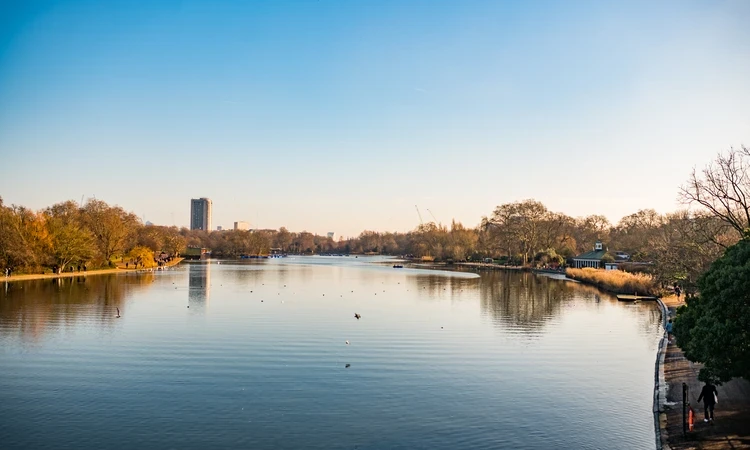 Paid
PaidHidden Stories of Hyde Park Walking Tour
Join us for a walking tour around Hyde Park, with exclusive access to the hidden Pet Cemetery.
-
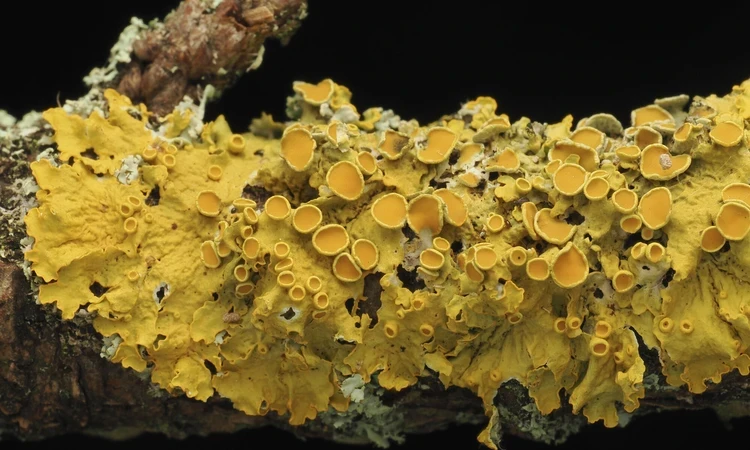 Free
FreeLearning Lichens: a walk in the park
Join us for a leisurely walk in Kensington Gardens this Spring, exploring the fascinating world of lichens.
-
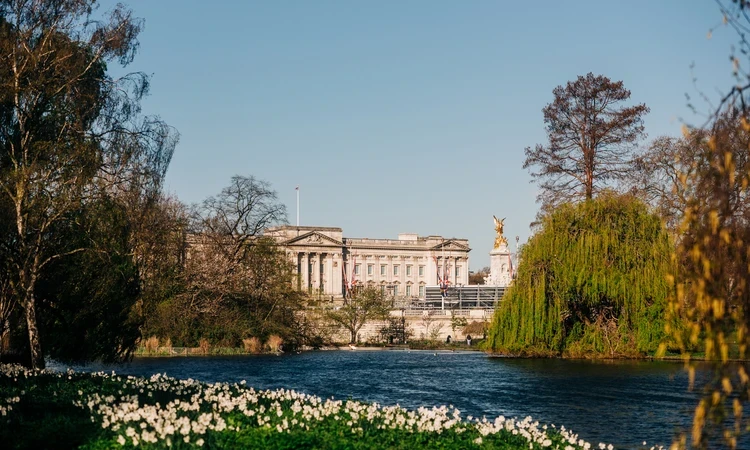 Paid
PaidHidden Stories of St. James's Park Walking Tour
Join us for a walk through St. James's Park, learning about its history and incredible wildlife, with exclusive access to Duck Island.
-
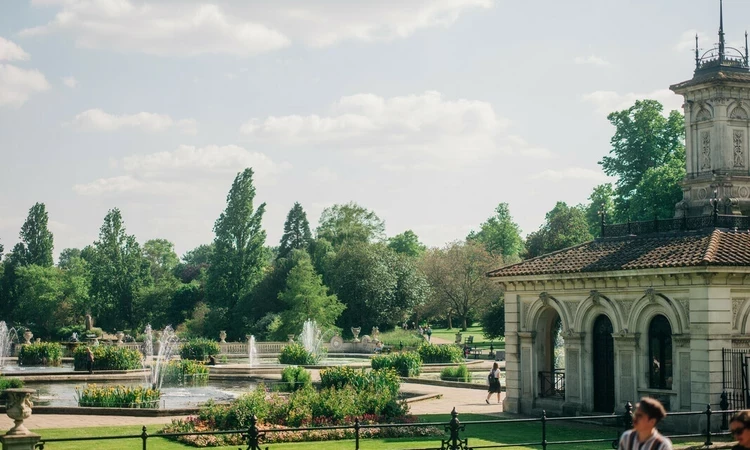 Paid
PaidHidden Stories of Kensington Gardens Walking Tour
Join us for an introduction to beautiful Kensington Gardens including exclusive access to the Albert Memorial.
-
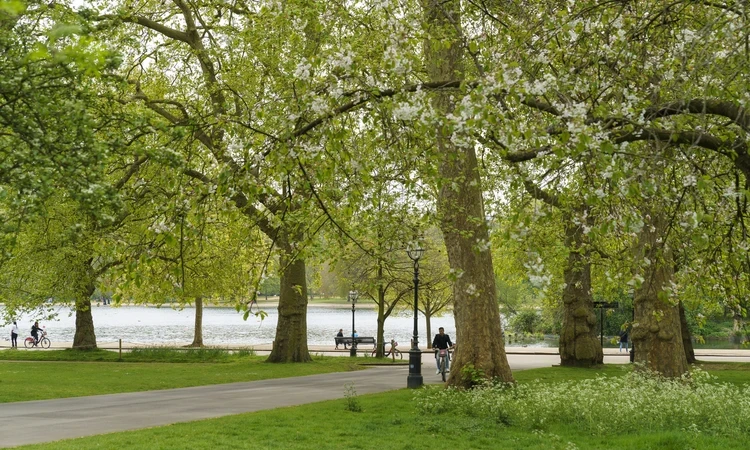 Paid
PaidHidden Stories of Hyde Park Walking Tour
Join us for a walking tour around Hyde Park, with exclusive access to the hidden Pet Cemetery.
-
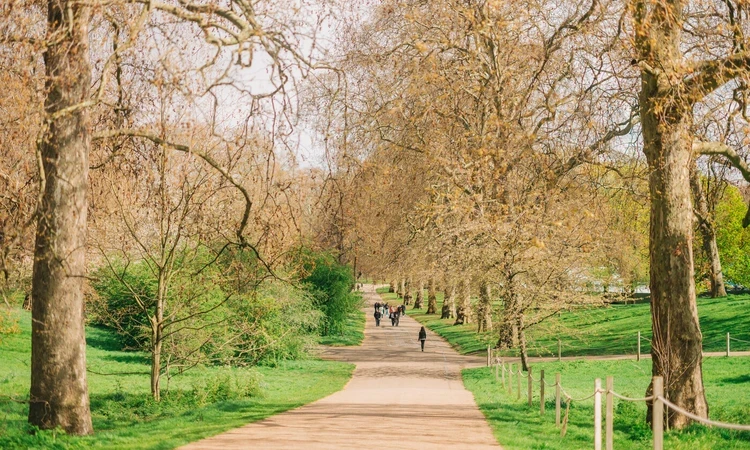 Paid
PaidTrees of St. James's Park Walking Tour
Enjoy a walk with Royal Parks Treescape Curator Greg Packman to discover the landscape and cultural history of trees in St James’s Park.
-
 Paid
PaidNursery Experience
An exclusive behind the scenes tour of the Hyde Park Nursery and Masterclasses from The Royal Parks' team.
Showing 1 to 9 of 25 results
Discover events and activities run by the parks' Friends
-
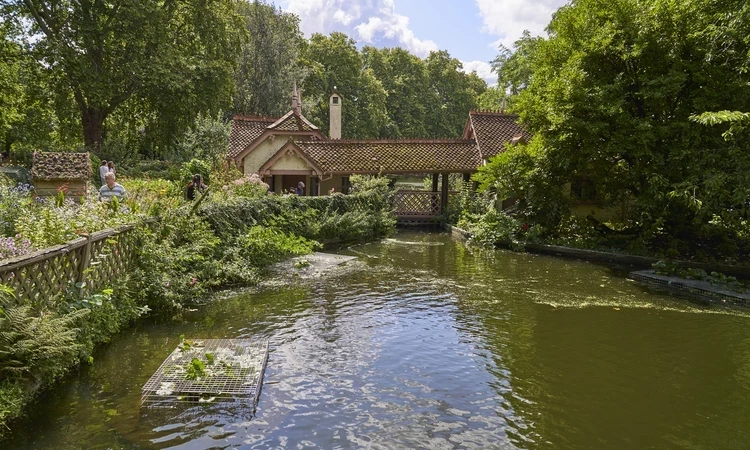
The Thorney Island Society
Friends of St. James's Park and The Green Park
